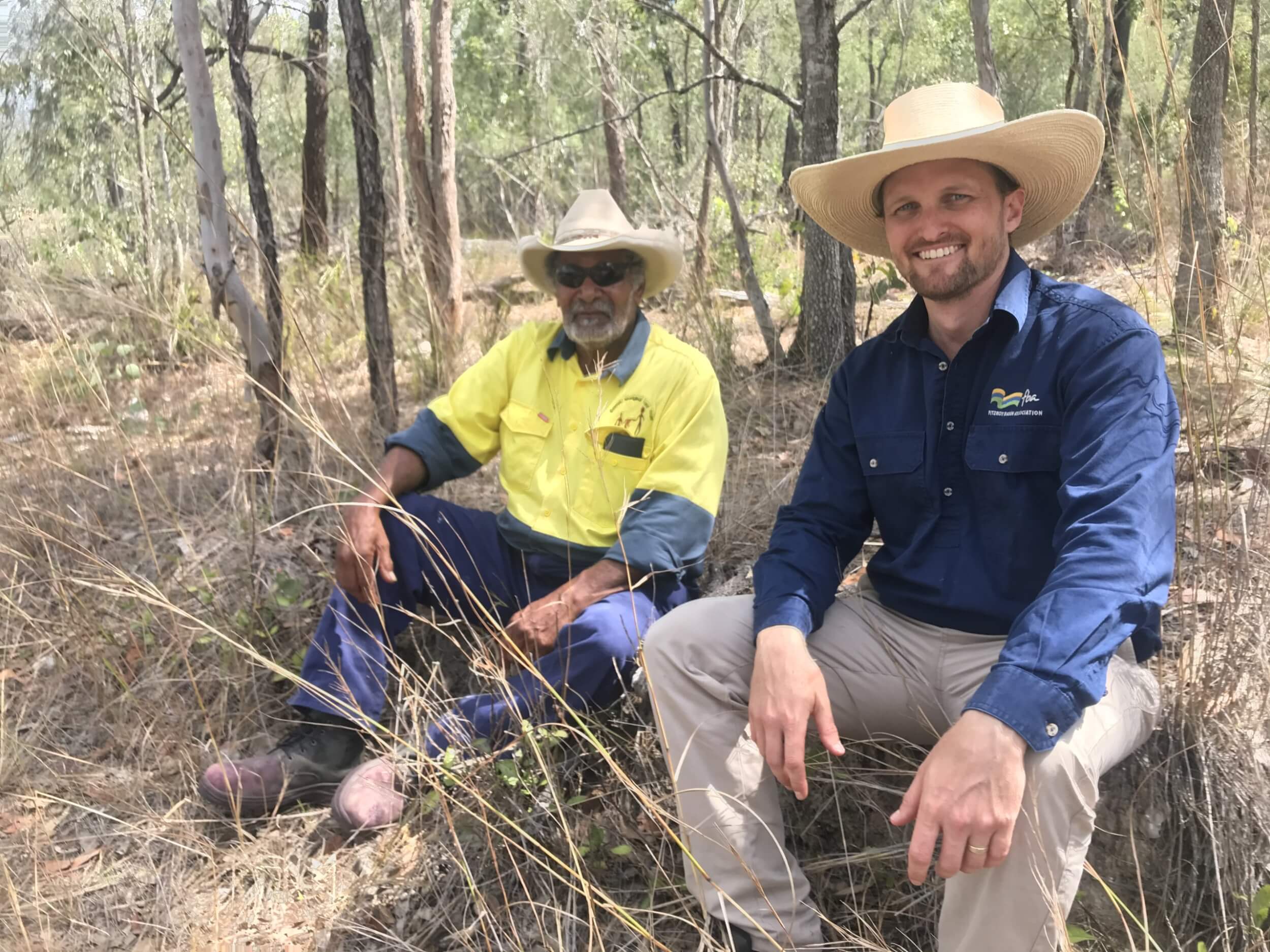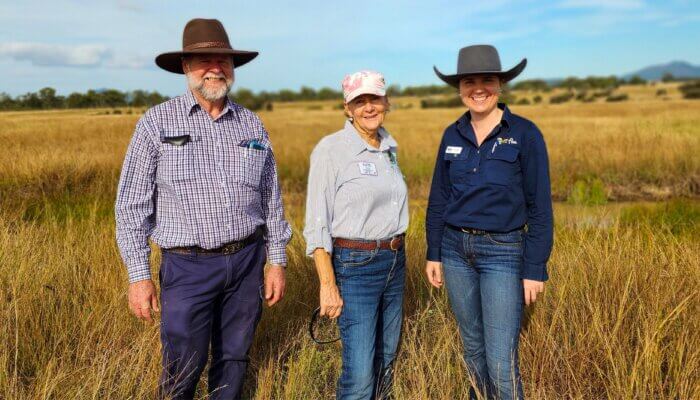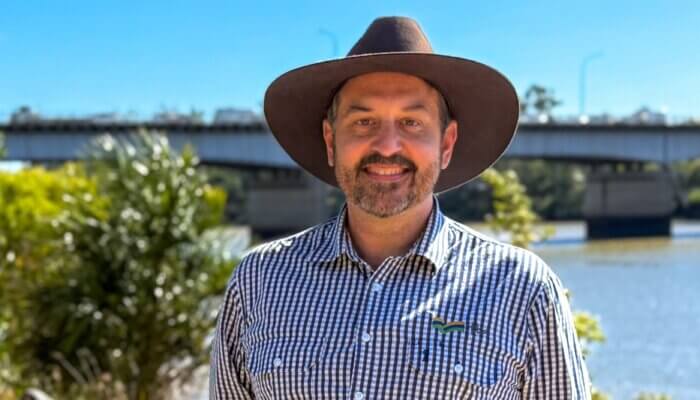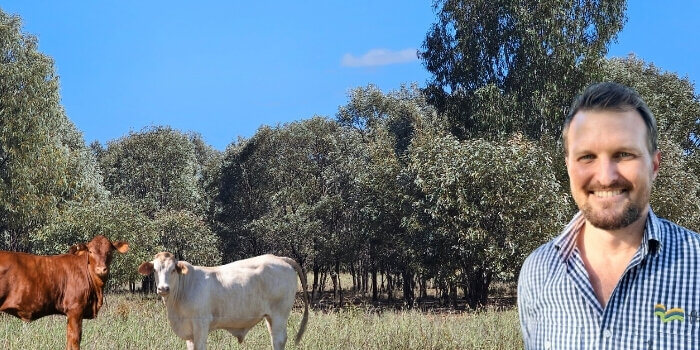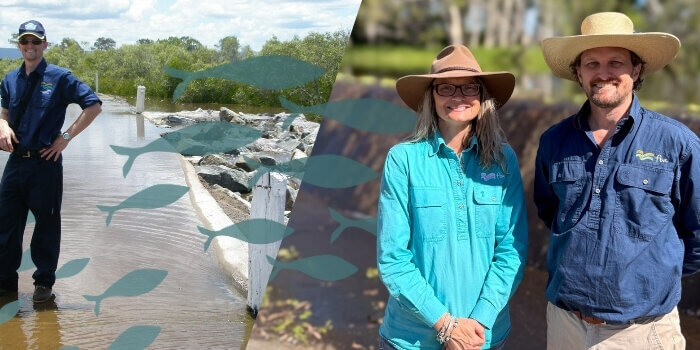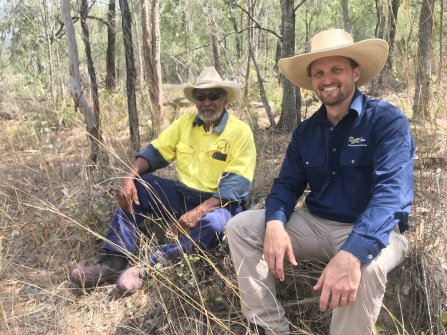
Action towards deliberate and meaningful change
Posted on May 27th, 2021
‘More than a word’ serves as a powerful reminder to Fitzroy Basin Association of the journey toward consultation and reconciliation with First Nations.
The shift to European agricultural land use disrupted the cycles of Aboriginal care and stewardship in the Fitzroy Region, as it did across the nation. FBA recognises the barriers to Indigenous cultural and natural resource management and supports First Nations’ connection to Country throughout the Fitzroy region.

Through National Reconciliation Week each year, FBA is prompted to pause, reflect, and pursue a deeper understanding of these connections to Country, through respect for contemporary interests and more productive, collaborative partnerships. We aspire to witness First Nations taking a leading role in conserving and sustaining Country and through our services assist in seeing this achieved.
It is also timely to acknowledge the objective of intergenerational responsibility to land management, customary obligations to younger generations and Country, along with Indigenous leadership at multiple levels of decision making.
We wish to see two-way sharing of knowledge led by Indigenous driven planning that can be accomplished with trust, respect, and mutual goals in mind however, we understand there are barriers that can only be overcome in partnership. Lack of access to traditional lands and revitalisation of traditional knowledge and language need to be addressed in our united push to strengthen joint and sustainable land management practices if we are to be successful.
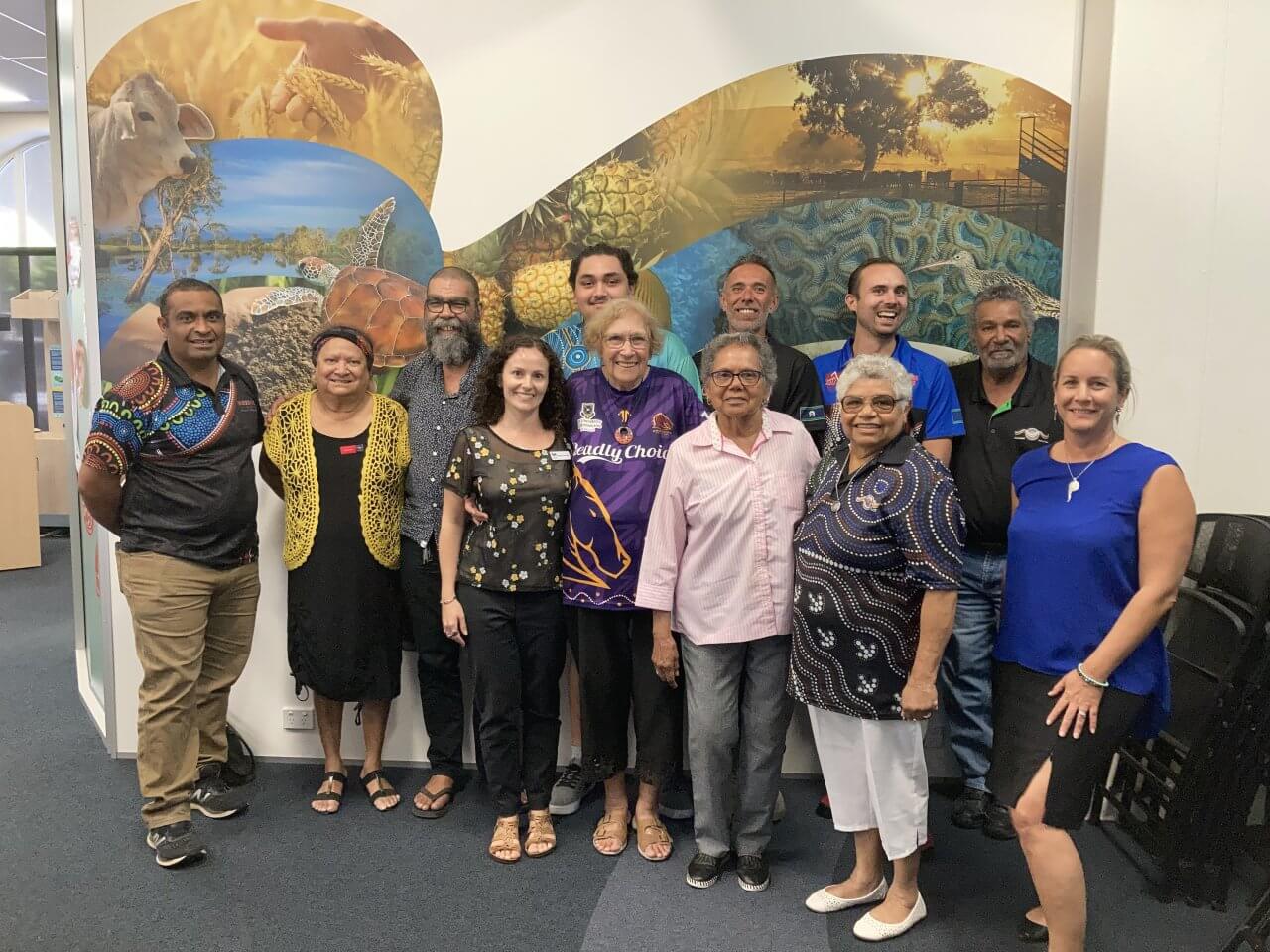
FBA is mindful of its role as leaders in natural resource management and how that impacts on Country in this region, so we have equipped ourselves to help implement best-practice standards for Indigenous engagement and invite consultation and participation across the Central Queensland community.
The staff of FBA acknowledge the First Peoples of Central Queensland and the role they continue to have in purposefully shaping and caring for the area we know as the Fitzroy Region. Our staff actively participate in cultural awareness training, toolbox talks on cultural heritage and native title legislation and are genuinely committed to increasing our collective cultural competency.
Recent examples of FBA’s commitment to working alongside First Nations’ people in our region include:
- empowering Darumbal and Gaangalu Nation peoples to participate in hazard reduction burning to support their cultural burning aspirations on traditional lands
- working with Wooorabinda State School, engaging students in the blending of permaculture and traditional knowledge systems to create an organic garden and food forest,
- investing in a tailored workshop to map priority strategies, actions, results, and plans for monitoring and evaluation that align with First Nations’ custodianship values of the Capricorn Coast
- engaging young people in the wonder of our natural assets through developing and providing an activity book that includes information about First Nations of the Fitzroy Region and describing how to personalise acknowledgements of Country.
FBA continues to learn more about the region’s local history with the purpose of developing a better roadmap toward reconciliation that relates specifically to those Nations effected in the Fitzroy.
Our shared understanding of natural resource management priorities in the region has been enhanced through engaging with First Nations through the review of Central Queensland’s regional Natural Resource Management Strategy.
First Nations can contact FBA’s Indigenous engagement coordinator to learn more about these projects and how to be involved.
FBA recognises and pays respect to Aboriginal and Torres Strait Islander peoples, their ancestors, and the Elders past, present and future from the different First Nations across the Fitzroy region. We acknowledge the importance of connection to Land, culture, spirituality, ancestry, family, and community for the wellbeing of all Aboriginal and Torres Strait Islander children and their families.





